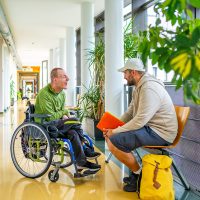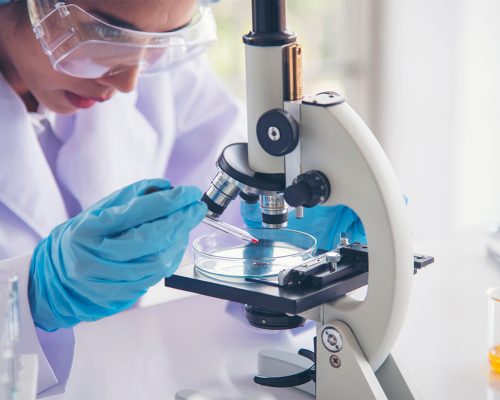Funded by the National Institutes of Health (NIH), the Access for ALL in ALS Consortium (ALL ALS), is a community of two coordination centers and 35 research sites across the United States, conducting a combined longitudinal natural history study and biomarker collection study for ALS.
ALL ALS research engages with people currently living with ALS, potential ALS gene carriers, and family members, friends, and community partners to better understand all stages of ALS disease progression.
* The number of vials collected per visit and sample volumes are dependent on sample type and can vary between visits. Not all participants are providing CSF samples.
The ALL ALS PREVENT study focuses on understanding the earliest stages of the disease in people at risk, while the ASSESS ALL ALS study collects vital data on individuals living with ALS to track disease progression and identify new biomarkers.
ALL ALS is working to build a dataset to be used for ALS research! Whether you are an individual with ALS, family member, friend, or would just like to contribute to our research, there is a place for you to get involved with one of our studies!
The Accelerating Access to Critical Therapies for ALS Act (ACT for ALS), which was signed into law in the United States on December 23, 2021, established an HHS, public-private partnership (PPP) for rare neurodegenerative diseases. One component of this PPP is an Accelerating Medicines Partnership® for ALS (AMP® ALS).The ALL ALS Consortium was created as part of this initiative to move forward ALS research.



The ALL ALS Consortium and all related studies are funded by the National Institutes of Health (NIH), Grant # 1OT2NS136938 and 1OT2NS136939.